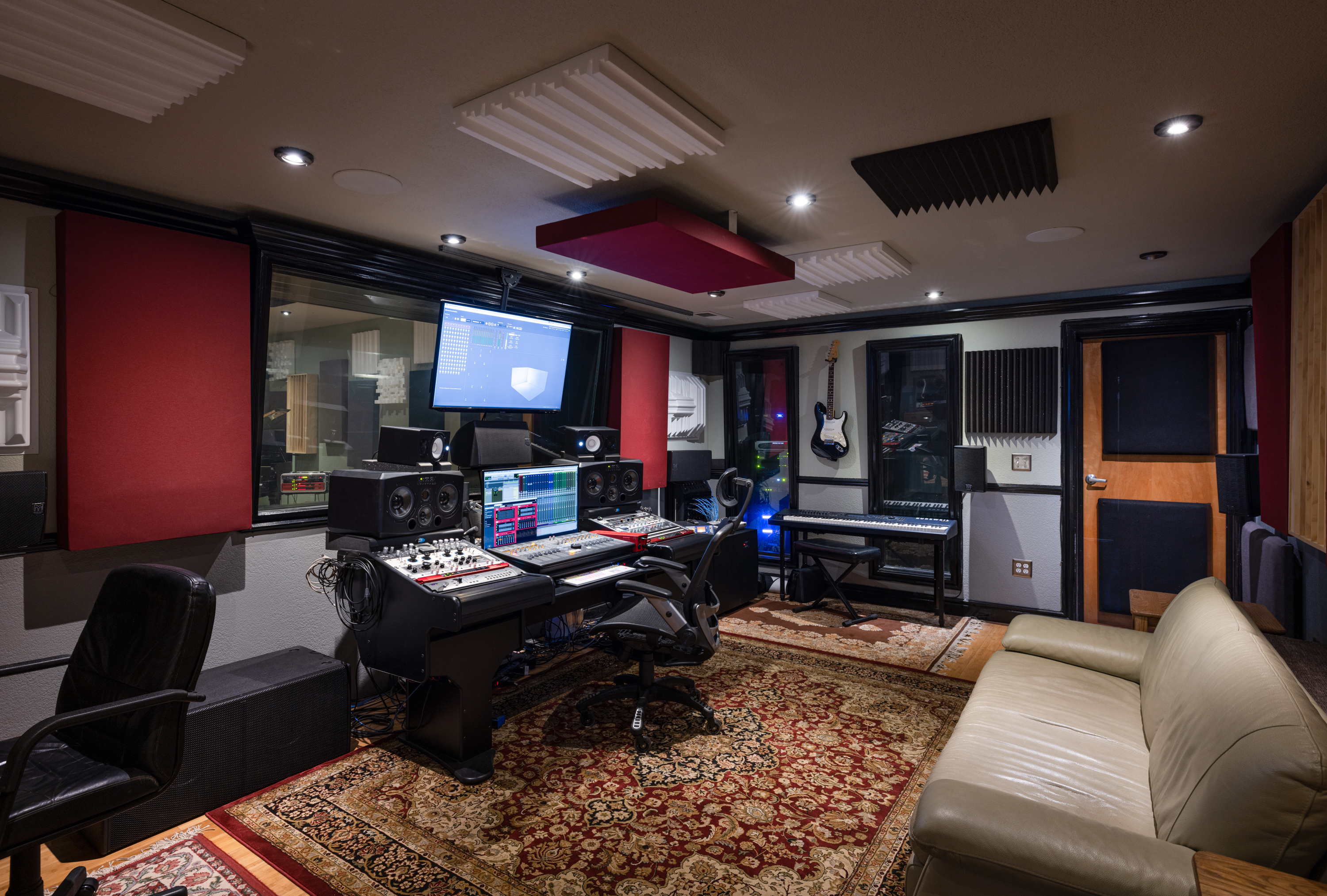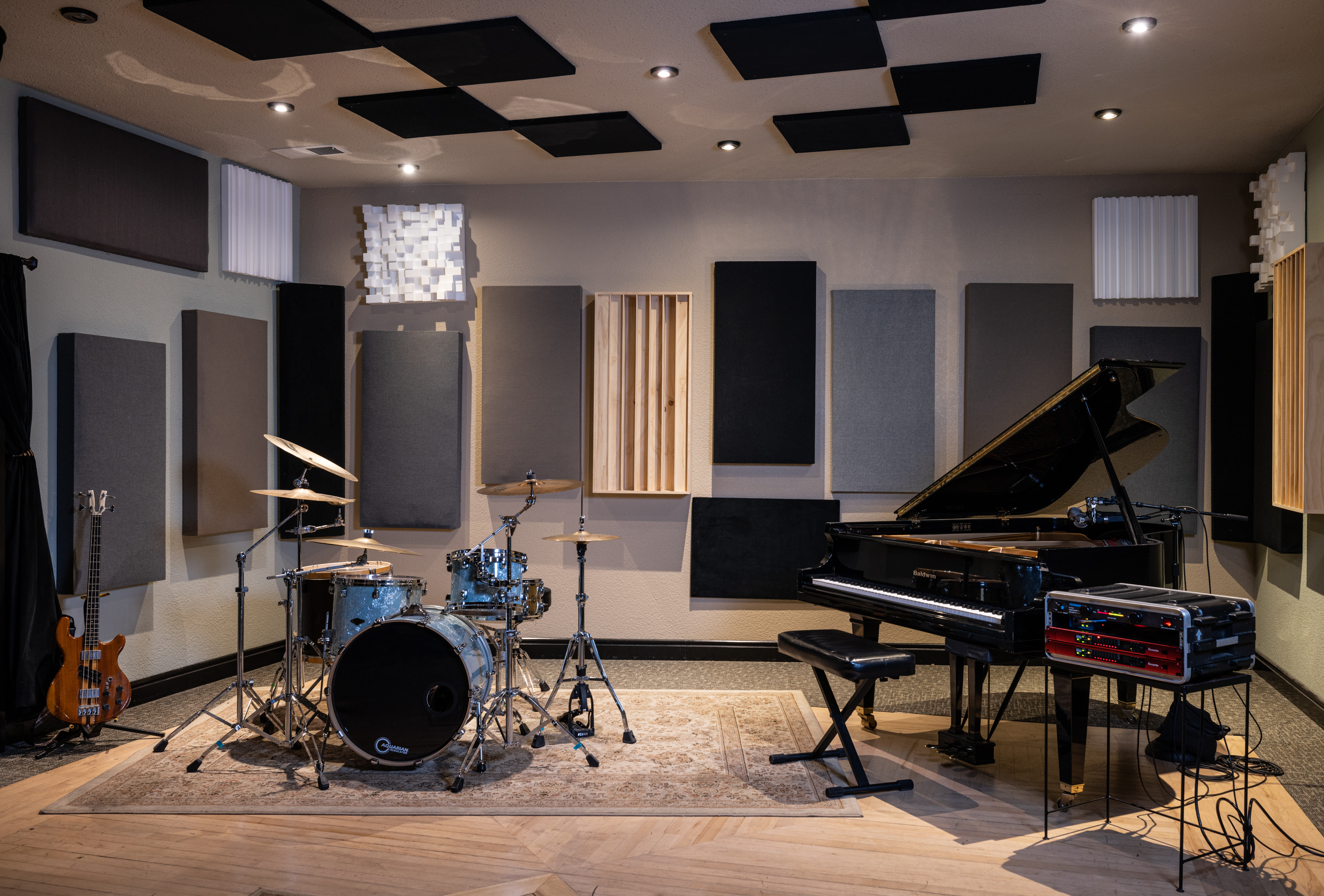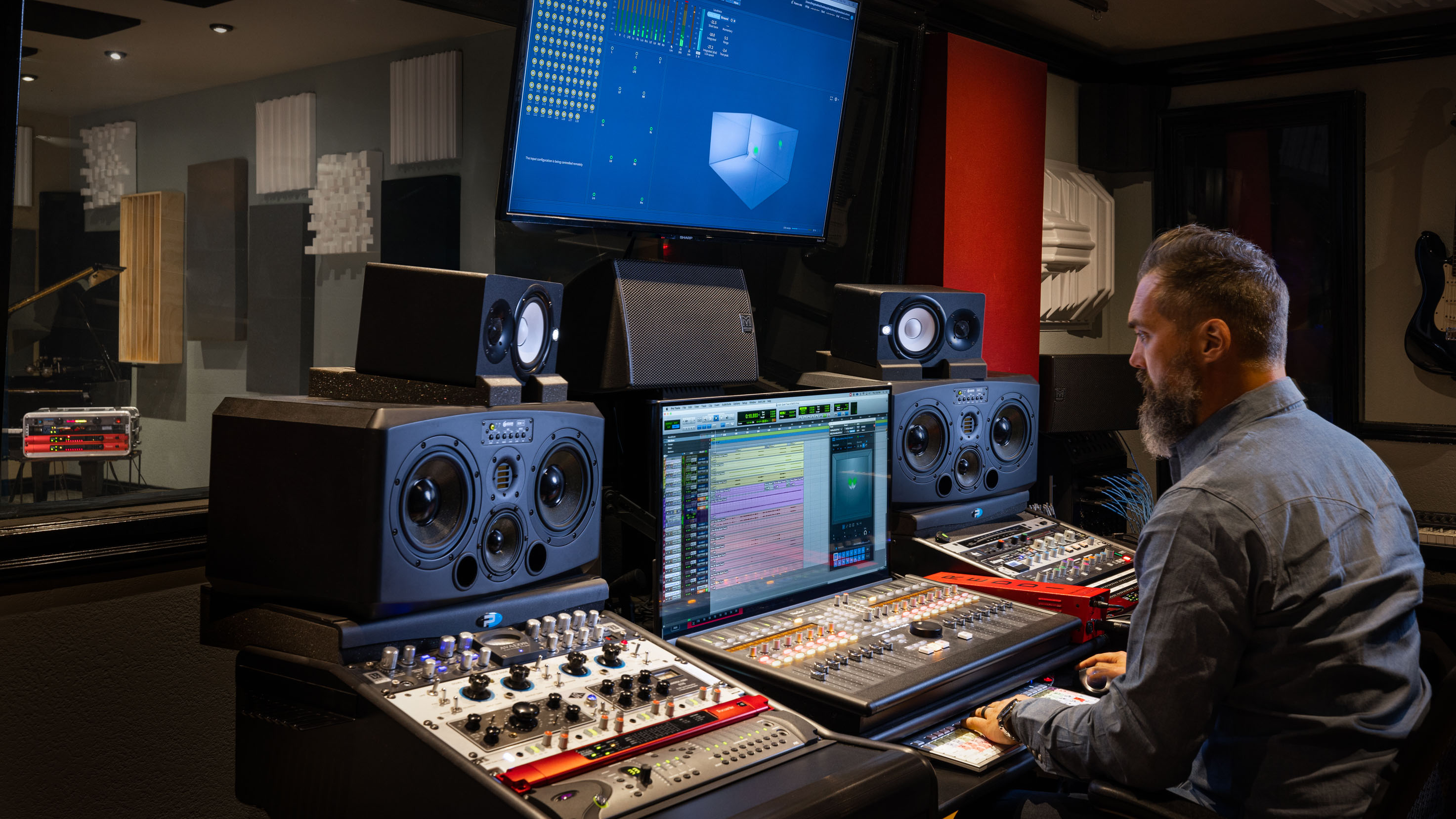Working Title Recording Studios in San Mateo, CA, is a new breed of music production facility. One of only a handful of Dolby Atmos-certified studios in the Bay Area, it was founded by Kenny Kaiser, longtime front-of-house mixer for artists including The Killers and Sammy Hagar, and his associate Forrest Lawrence, a noted mixer and system technician. Kaiser says mixing in the immersive, three-dimensional Atmos environment is the next step for music.
[Focusrite Acquires UK-based Linea Research]
“Since the pandemic lockdown, everyone is looking for a new experience,” Kaiser said. “It's going to be here for a very long time.”
Along with his acclaimed mixing chops, Kaiser also brought some other things to the venture, including key components from his inventory of Focusrite Red and RedNet products, including the Red 16Line 64-In / 64-Out Thunderbolt 3 and Pro Tools | HD compatible audio interface, RedNet MP8R eight-channel mic preamp and A/D converter and RedNet R1 interface system, as well as an unusual but effective studio-monitoring choice: A full Atmos 7.1.4 array comprising installation-type CDD and T-40 speakers from Martin Audio, the same brand whose MLA line arrays he prefers on tour.
While Kaiser continues to work with Hagar’s current project, the Circle, Kaiser and Lawrence have their sights set on music, commercial, and corporate production work at Working Title Recording, and the Focusrite gear is integral to making it effective and efficient. “I was talking to Forrest, and I said we can run one mic line on Mogami XLR cabling for $180, or we can get 128 channels over a thousand feet of Cat-5 cable for a fraction of that,” he says of how the Dante® network and Focusrite products completely cover the facility’s two control rooms and four tracking/recording spaces. “And we don’t have to be punching so many holes in walls. Between the cost savings and the ease of connections, going with the Focusrite interfaces made total sense.”

Kaiser says the Red 16Line units have become the studio’s go-to converters and act as the I/O between mic preamps and the studio’s Pro Tools systems and the main control room’s SSL Sigma console. The MP8R moves around the facility in its own rack as needed. “We have that as a floating mic pre for four recording rooms—two regular live rooms, a loading dock room which we also use to track in, and a front room that we use for either guitars or if we have somebody that has a small project coming in,” he explains. The RedNet R1 is used as part of a mobile remote-production suite.

But collectively, Focusrite technology gives Working Title Recording Studios a flexible and reliable digital ecosystem that lets those in the studio focus on creativity. “For instance, I’m able to patch whatever I want to patch and it’s all in one screen,” he said. “And the Focusrite mic pres sound super. I’m a huge fan of them. Combine that with what Atmos can do with music—we've had about 15 demos with artists and record-label people, and we’ve seen two people actually cry when they hear it—and you literally get goosebumps hearing it. It’s that amazing. And Focusrite lets us do that.
"To get the infrastructure going with a traditional analogue or traditional way of thinking of it would have been three times as expensive. Just being able to have these units and not have to worry about conversions—just plug in a Cat-5 cable and get to work— there’s so much money and time saved.”
Along with the Martin Audio speakers, which Kaiser said are well matched with the Dolby Atmos SPL and EQ-curve specifications, Working Title Recording Studios has what it takes to be competitive. “And the holes in the wall are a lot smaller."
